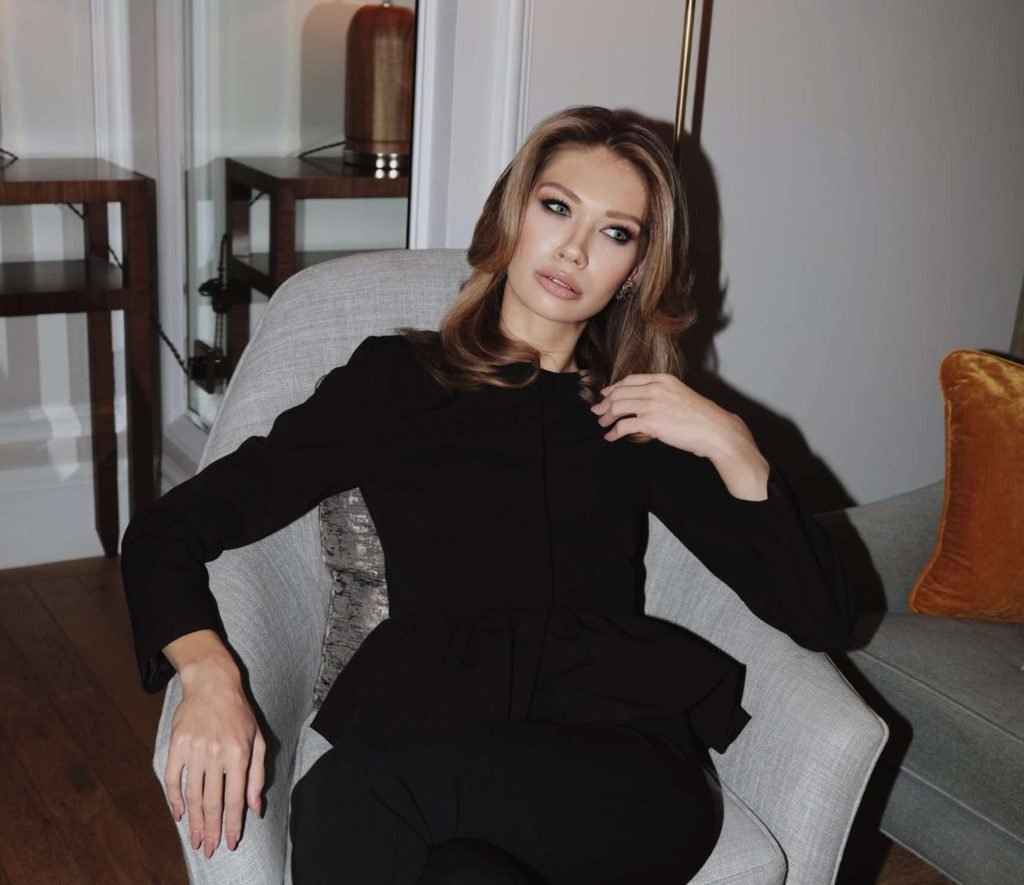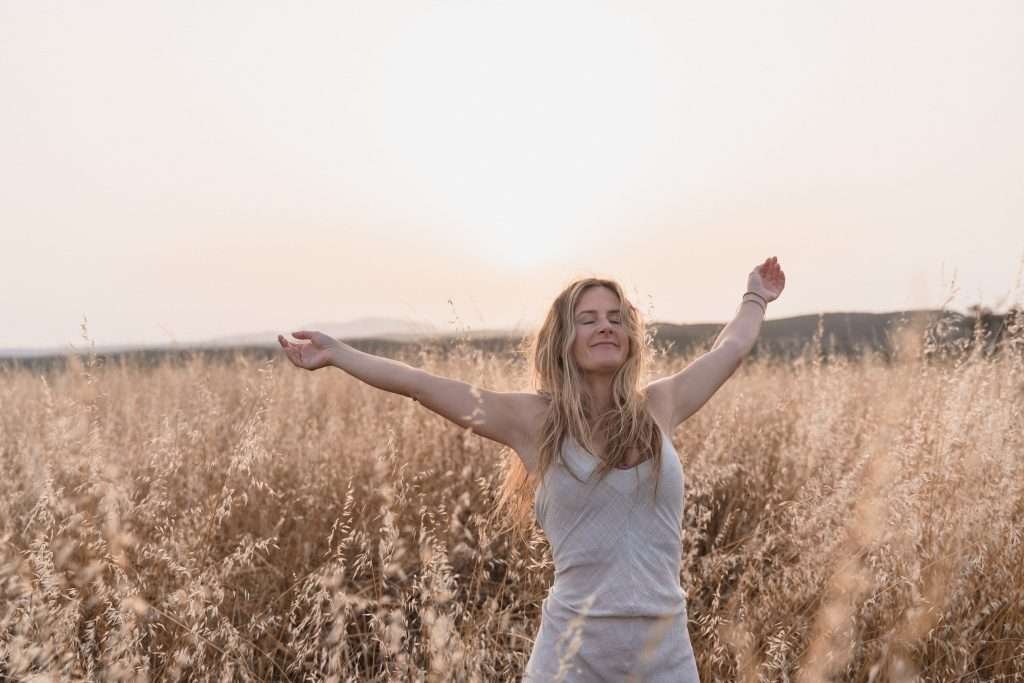Juliana’s culinary journey spans continents, from Brazil to London and Paris, where she honed her skills at Le Cordon Bleu. Now a celebrated pastry chef and MasterChef Portugal judge, she blends precision, creativity, and storytelling in her desserts.
Can you share your journey from training as a chef in Brazil to becoming a head chef? What inspired your transition into pastry?
My trajectory in gastronomy began with a very technical and scientific approach. In Brazil, I graduated with a degree in nutrition, which gave me in-depth knowledge about food, its interaction with the human body, and the importance of food safety. This study gave me a solid foundation to understand gastronomy from a sensory point of view but also nutritional and functional. At the same time, I studied Gastronomy, where I could deepen the techniques and understand the complexity of professional cuisine.
In 2014, I had one of the most transformative experiences of my career when I achieved the Grand Diplôme at Le Cordon Bleu in London, one of the most renowned schools in the world. It was during this period that I had in-depth contact with French cooking and pâtisserie techniques, which broadened my vision and refined my work.
After this immersion, I returned to Brazil and spent almost six years in the catering sector of the Fasano group, one of the country’s gastronomic references. It was an intense phase, where I had the opportunity to work in different areas of the kitchen, understanding in depth the operation of large events and the demands of haute cuisine.
However, it was in 2018 that I made a definitive decision: to continue exclusively with confectionery. I have always been passionate about the precision, art and science behind pastry. The possibility of transforming ingredients into creations that enchant their flavour and aesthetics fascinated me more and more. Since then, my focus has been on improving my techniques, exploring new concepts and developing desserts that tell stories and provoke emotions.
Moving to London and then Paris, two cities renowned for their culinary arts, must have been transformative. What were the most valuable lessons you learned during this time?
Moving to London and, later, Paris, was a milestone in my professional and personal trajectory. London was the first big leap, as it was there that I studied at Le Cordon Bleu, an experience that expanded my horizons and put me in contact with multicultural cuisine, where tradition and innovation meet all the time. Working in the city taught me a lot about work rhythm, organisation and adaptation, as well as introducing me to an immense gastronomic diversity.
Paris, on the other hand, was an even greater challenge. French confectionery is recognised worldwide for its precision, technique and extreme demands. There, I learned that every detail makes a difference: from choosing the best ingredient to the perfection in the execution of a dessert. Working in this environment made me improve my discipline, patience and respect for tradition, but it also awakened my curiosity to explore new formats, flavours and combinations.
Another great lesson these cities taught me was the importance of telling a story through baking. It’s not enough to just create something beautiful and tasty, you need to connect the public to the sensorial and emotional experience of each dessert. This philosophy has guided my work ever since.
Your desserts are not only delicious but visually stunning. Where do you draw your creative inspiration from?
My inspiration comes from many places: nature, fashion, architecture and even everyday moments. I like to transform memories and emotions into flavours, textures and shapes, creating desserts that are both a visual and a gustatory experience.
Often, a smell, a colour or an object can spark the idea for a new sweet. I’m also very inspired by the art and culture of the places I’ve been. In Paris, for example, the pastry shop has an almost sculptural aesthetic, and this has greatly influenced my style.
Furthermore, I always seek a balance between tradition and innovation. I have great respect for classic techniques, but I love bringing a contemporary touch, whether in the presentation, the ingredients or the way the dessert is designed. My ultimate goal is always to create something that enchants both in terms of flavour and appearance, providing a complete sensory experience.
How did the opportunity to become a judge on MasterChef Portugal come about, and what was your initial reaction?
Being invited to join the MasterChef Portugal jury was an incredible experience and a great honour. My career has always been marked by challenges and learning in different countries, and this opportunity came as a recognition of my work and my passion for confectionery.
When I received the invitation, my first reaction was one of great joy, but I also felt the responsibility that this role demands. MasterChef is a life-changing show, and I knew my mission would be to not only evaluate but also inspire, guide and challenge the contestants to do their best. I accepted the challenge with enthusiasm, knowing that it would be a unique opportunity to share my knowledge and contribute to the evolution of the new generation of cooks.
Why did you decide to settle in Portugal, and how has the country shaped your personal and professional life?
Portugal came into my life very naturally. After travelling to different countries and having transformative experiences in gastronomy, I felt that I needed a place where I could consolidate my career and, at the same time, have a quality of life. Portugal offered me this possibility: a growing gastronomic scene, with a strong influence from European cuisine, but also with its historical heritage, and a welcoming environment, where I felt connected from the beginning.
Professionally, the country challenged me and allowed me to expand my horizons. The market here has enormous respect for gastronomic tradition but is also open to innovation, which has given me the freedom to develop my identity as a cook and explore new approaches to pastry. Furthermore, being part of MasterChef Portugal was one of the most memorable moments in my career, as it allowed me to directly contribute to the training of new talents.
On a personal level, Portugal brought me a balance that I had been looking for for a long time. The culture, safety, natural beauty and hospitality of the people made me put down roots. Today, I feel part of this country and very grateful for the opportunities it has provided me.
Why do you think Portugal feels like home compared to Brazil, and what do you miss most about Brazil?
Portugal became my home because I found a more balanced pace of life and a genuine connection with the people and culture here. Gastronomy, history, safety and quality of life were essential factors for this feeling of belonging. Furthermore, there is a very strong emotional side: the language, hospitality and even some cultural similarities between Brazil and Portugal make me feel welcome.
But, of course, many things about Brazil are still missing. What I miss most is, without a doubt, my family and friends. Nothing replaces the presence of the people who have always been by my side. I also miss Brazilian energy and human warmth, the spontaneous way in which we connect.
And, of course, Brazilian food has a special place in my heart! As much as I work with gastronomy and can recreate some dishes, there are flavours, ingredients and gastronomic experiences that only Brazil can provide. The simple act of sitting at a table with the family for a long, story-filled lunch is something that will always bring me nostalgia.
Even so, Portugal today is the place where I chose to be, where I built my career and where I feel fulfilled. It is a country that has given me a lot and that, every day, strengthens this feeling of belonging and gratitude even more.
How important is empowerment, especially for women, in your work and life?
Empowerment, especially for women, is something I carry with me in all aspects of my life and career. Gastronomy, historically, has always been a male-dominated environment, and many women face challenges in gaining space, recognition and equal opportunities.
Having managed to follow this path and get to where I am today makes me feel a great responsibility to inspire and open doors for other women. I want to show that it is possible to be respected, to be a leader and to be a reference, without having to give up your essence.
I believe that empowerment begins with confidence and determination. We often doubt ourselves, we wonder if we are good enough. Therefore, I make a point of encouraging other women to believe in their potential, to take up space and not accept less than they deserve.
Furthermore, I support initiatives that promote equality and recognition of female talent in gastronomy. I see more and more incredible women taking on prominent positions, innovating and bringing new perspectives to confectionery, and this gives me hope that we are building a fairer and more inclusive future for generations to come.
Empowerment, for me, is about giving a voice, encouraging and creating real opportunities. It’s about sharing knowledge, supporting other women and building an environment where everyone can grow and shine. And if, in some way, my trajectory can contribute to this, then I consider my mission accomplished.
Your creative eye is evident not only in your desserts but also in your style and Instagram. How does fashion and self-expression influence your work?
For me, creativity is an extension of my identity, and this manifests itself in all areas of my life, from baking to my style. I’ve always seen fashion as a form of expression, a way to communicate my personality without having to say a word. The same happens with confectionery: each dessert I create carries a little of my essence, my aesthetic vision and my references.
Fashion and confectionery share many concepts: harmony of colours, balance of shapes, attention to detail and the search for innovation. I am often inspired by textures, material combinations and colour palettes that I see in fashion to create new desserts. An interesting print, a fluid fabric or an unexpected composition can easily translate into an innovative design for a sweet.
Furthermore, my digital work, especially on Instagram, reflects this same aesthetic vision. I like to create a visual universe that combines gastronomy, art and lifestyle authentically. I believe that the gastronomic experience goes beyond flavour; it needs to be visually impactful, tell a story and awaken emotions.
In the end, it all comes down to coherence and authenticity. Whether in confectionery, fashion or social media, my goal is to always bring something true to who I am and what I want to convey.
If you could advise your younger self at the start of your career, what would it be?
If I could talk to Juliana about the beginning of her career, I would say: “Believe in yourself more. What seems like a distant dream today will be your reality tomorrow, as long as you remain firm in your purpose.”
In the beginning, it’s easy to doubt yourself, to question whether you’re on the right path or whether you’re good enough. But looking back, I realise that everything I achieved came from my determination, my love for confectionery and my courage to move forward, even when the path seemed uncertain. I would also say to have more patience and trust that each experience has value. We often want to speed things up, but it’s in the process that we find our greatest lessons. Each challenge, each fall, and each new beginning brings learning that makes us stronger and prepared for what is to come.
Lastly, I would say, “Have more fun! Enjoy every moment of the journey, celebrate the small achievements and remember that cooking, above all – is an act of love.”
Images: ©Sara Berenguer













